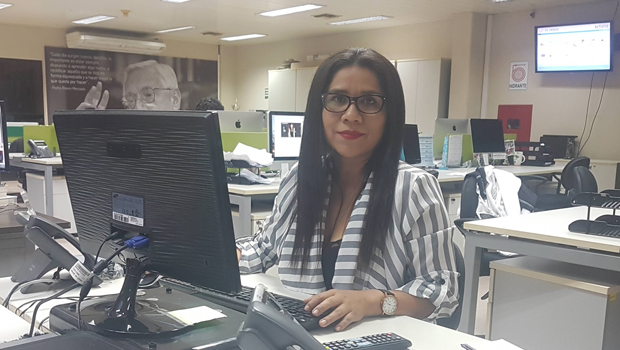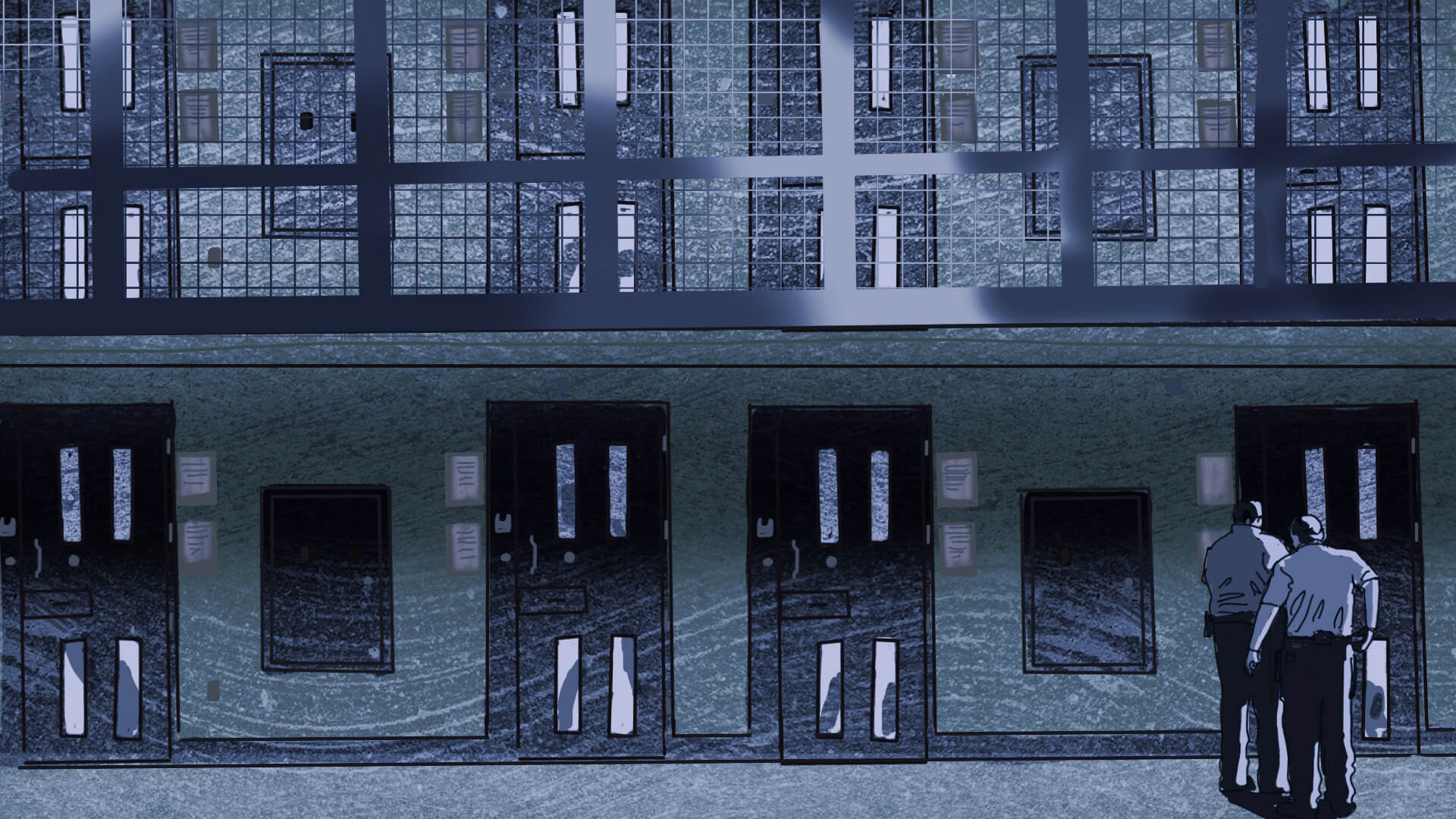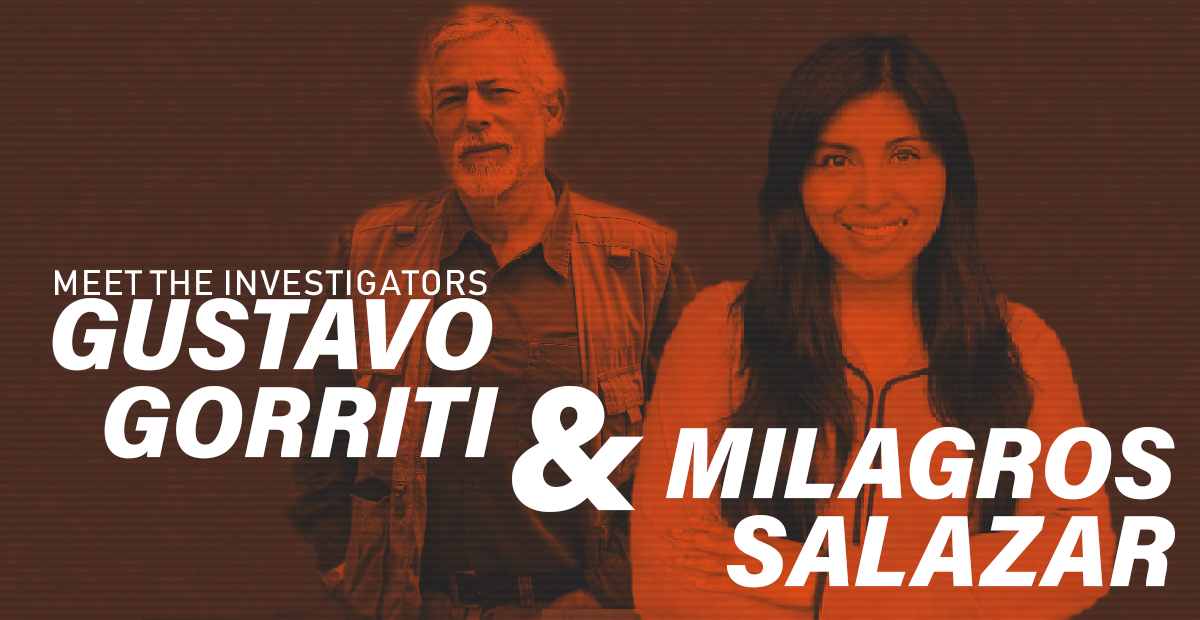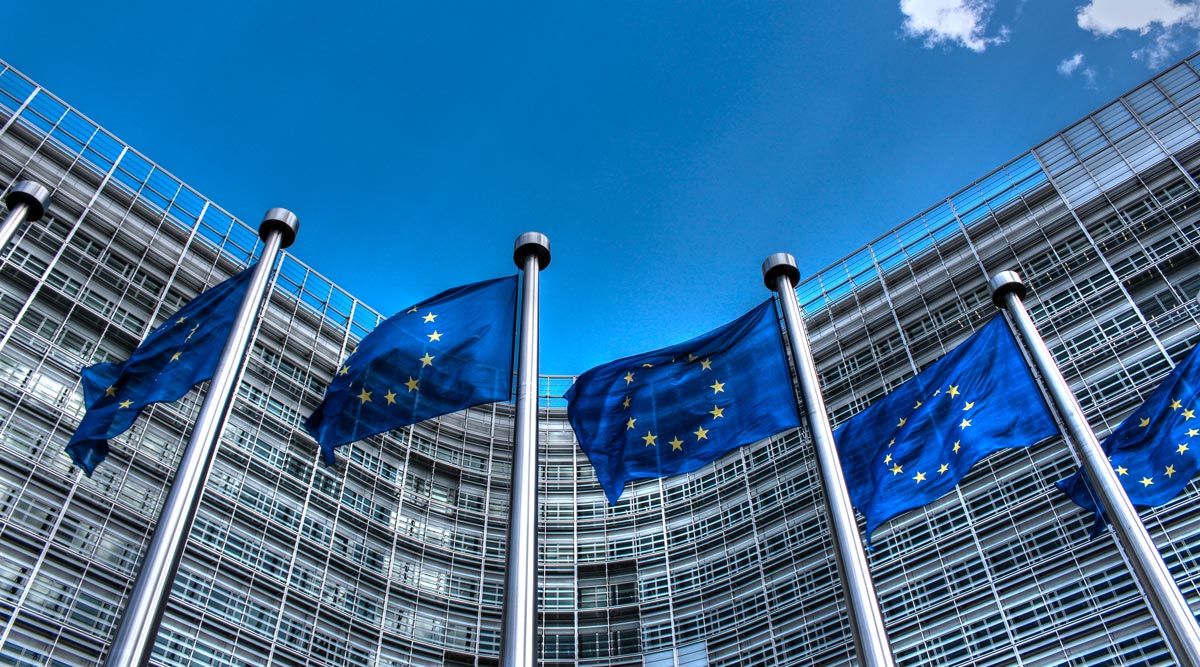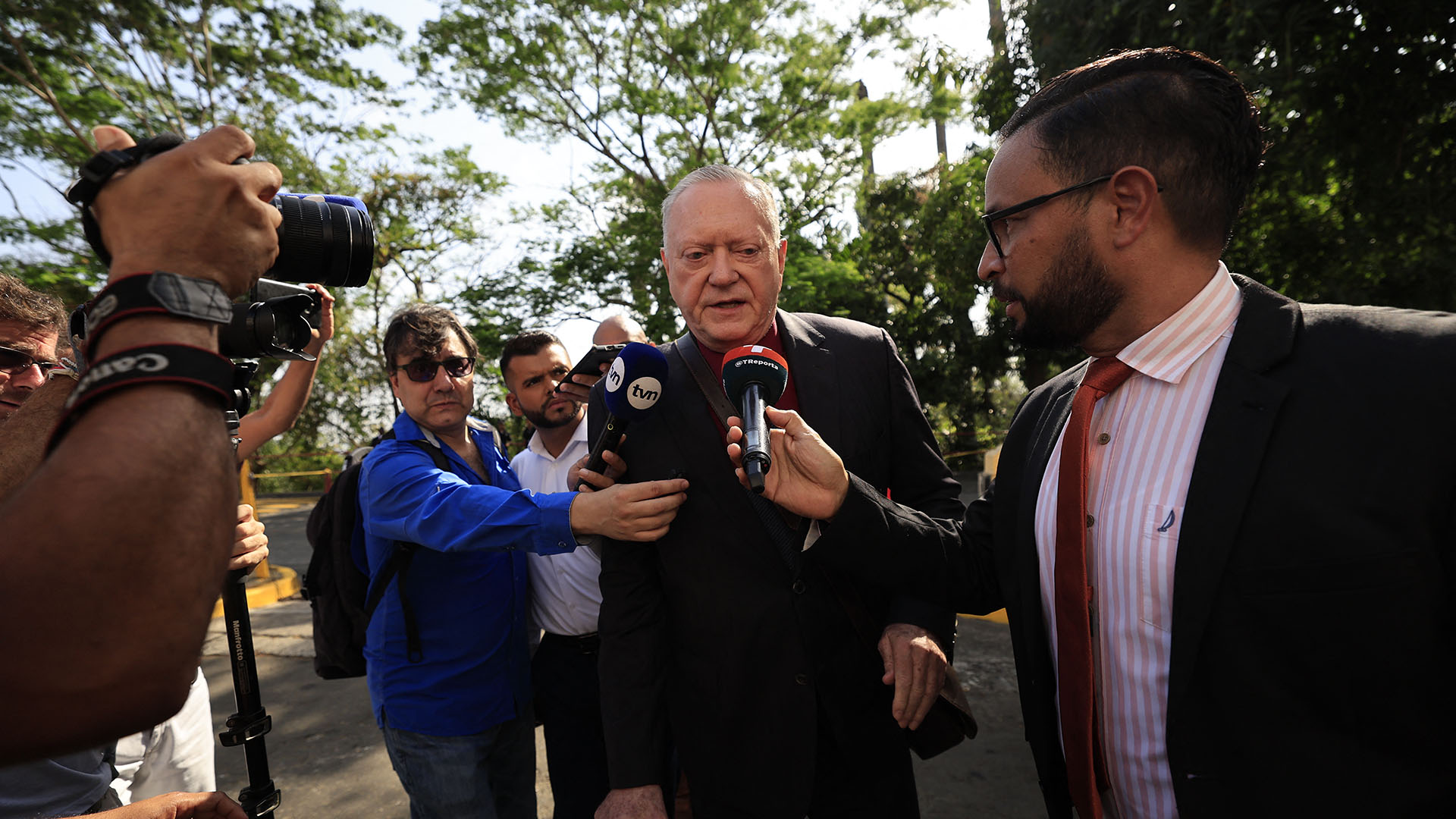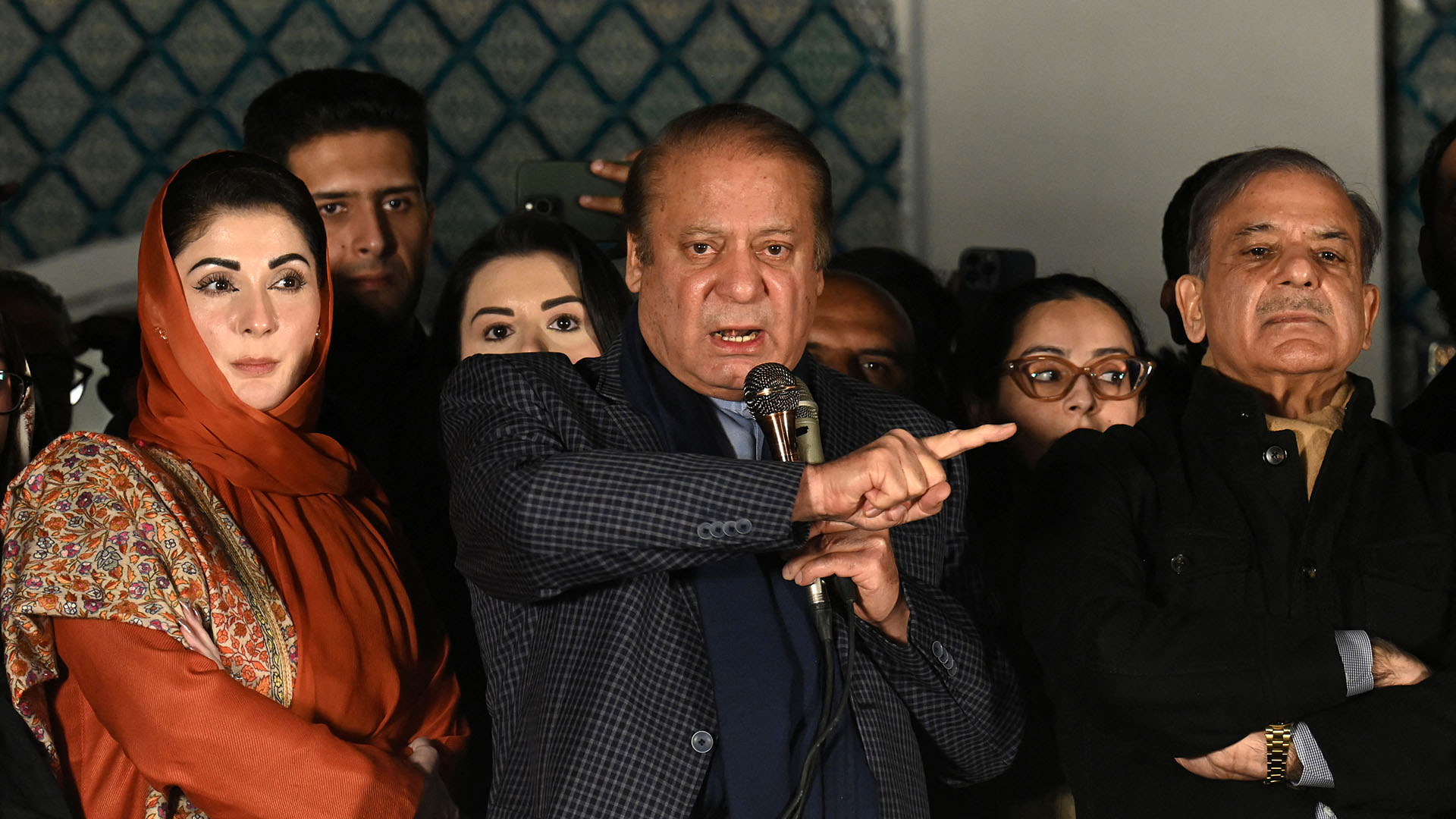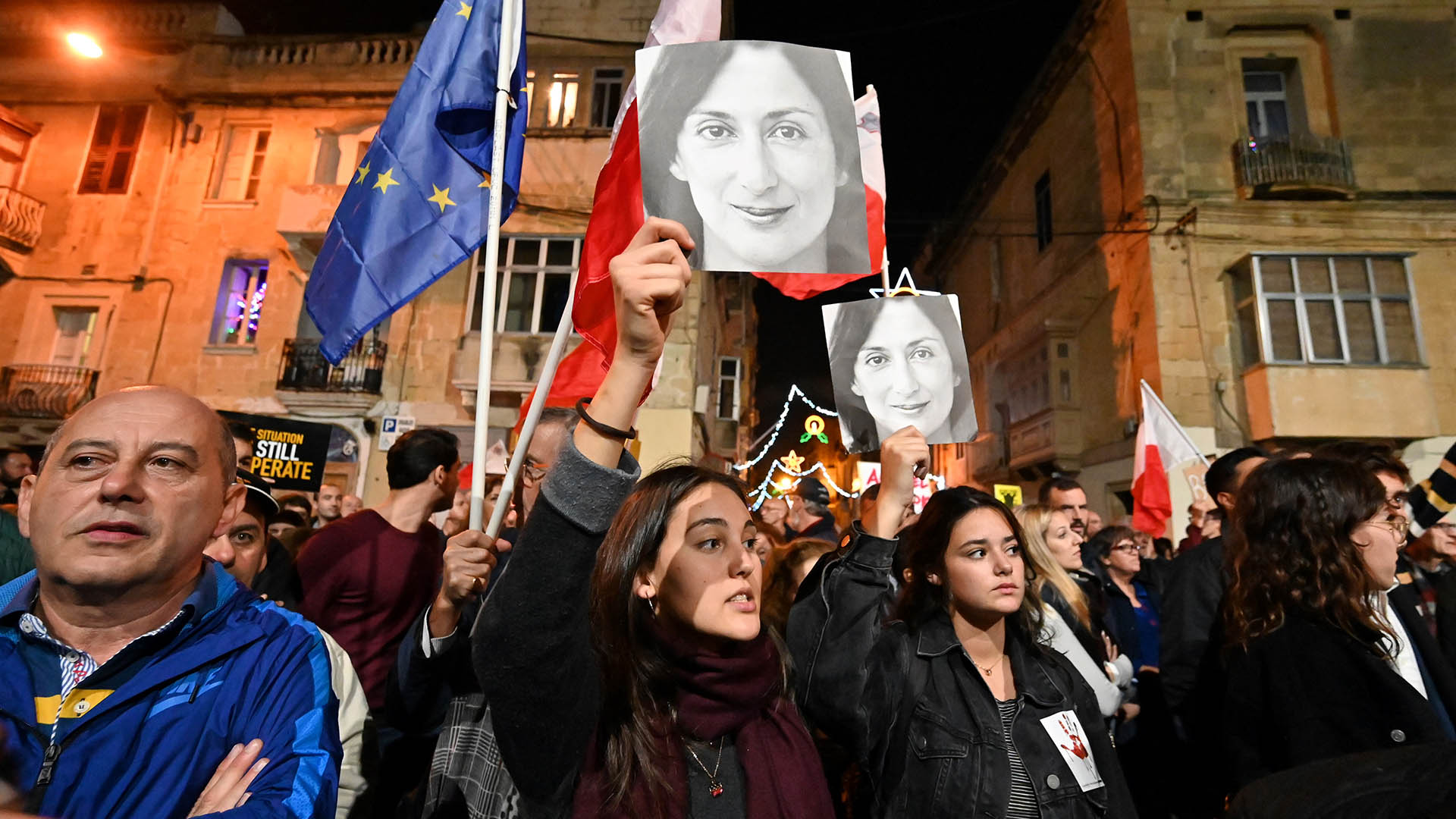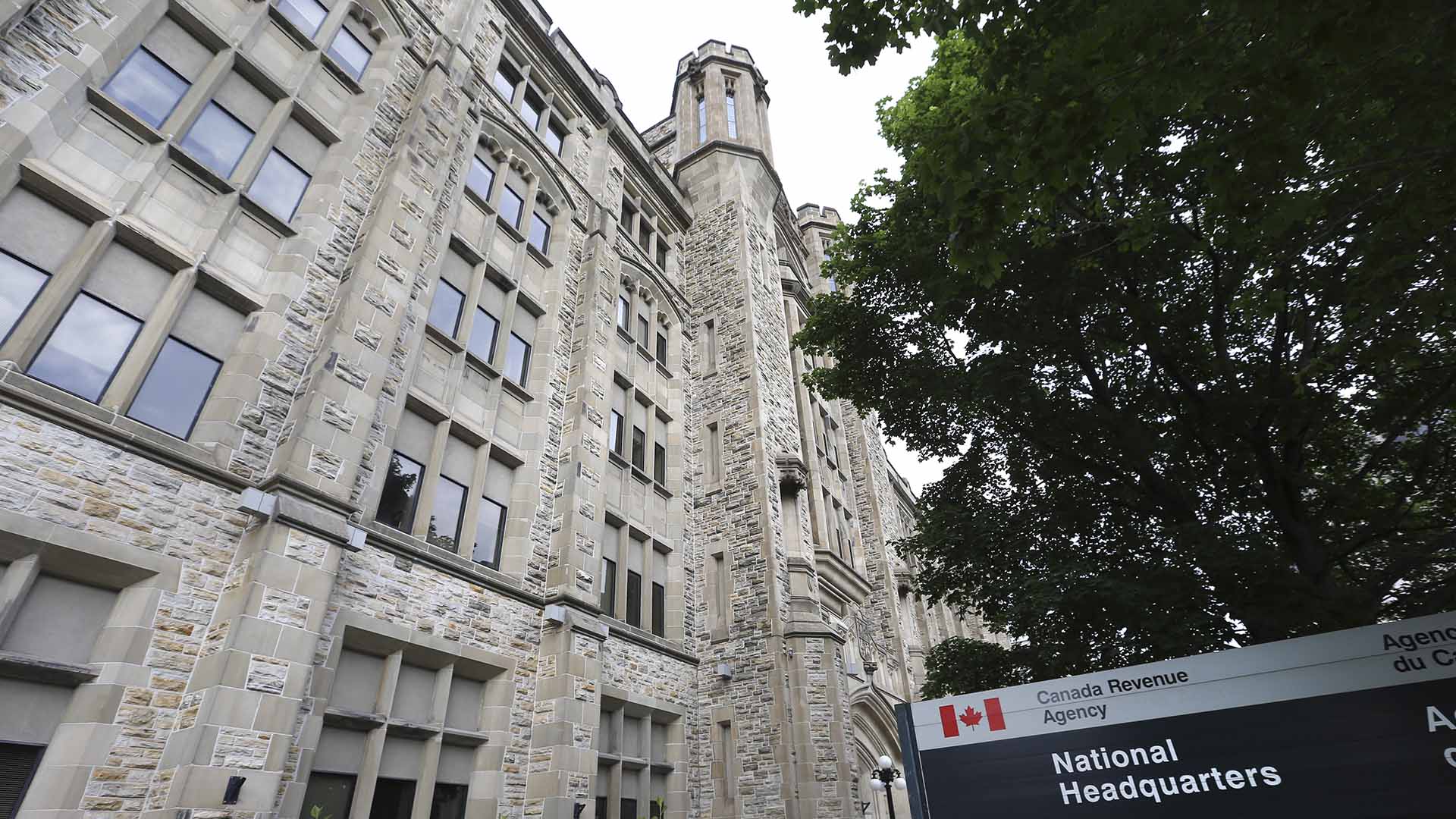The International Consortium of Investigative Journalists collaborates with hundreds of members across the world. Each journalist is among the best in his or her country and has won national and global awards. Our monthly series, Meet the Investigators, highlights the work of these tireless journalists.
Nelfi Fernandez Reyes is an investigative journalist with El Deber, a leading newspaper in Bolivia. She worked with ICIJ on the Panama Papers and has also investigated the wealth of former President Evo Morales’ cabinet members. Most recently, she covered Bolivia’s disputed 2019 presidential election and the tumultuous protests that led to the fall of Morales and left Bolivia on the cusp of a decisive election that will usher in a new era for the country. Follow her on Twitter here.
You’ve worked in investigative and data journalism, and have postgraduate degrees studying organized crime and digital journalism. How did you choose those subjects and how did you end up on your career path?
I studied communications at the Universidad Estatal de Santa Cruz, there isn’t a university in Bolivia that specializes directly in journalism. I hadn’t planned to work in journalism, I planned to work with indigenous communities. But just as I was finishing my studies, I participated in a workshop organized by El Deber with journalists from Brazil and Mexico who covered organized crime. Hearing their experiences and seeing how, even with all the risks involved, there are journalists who put everything on the line so there is more justice in the world made me understand that this is what I want to do.
At the same event, I was invited to join the staff of a newspaper in the El Deber group, covering security. I started covering drug trafficking, organized crime, street crime, and later I was a correspondent in Haiti. In all of these scenarios, I saw the importance of specialization in journalism, and I took a postgraduate course about journalism on organized crime.
Then, in 2011, in the boom of the digital revolution in the media, I joined the web team of El Deber.
There are many colleagues who say the area where you start as a journalist is where you remain trapped. I don’t think that is true. I started covering security, with sources who were police, prosecutors, judges, and then I moved to digital journalism, and now I work in investigations.
We need a journalism that battles against corruption, that asks questions of those in power, that is serious, responsible and ethical. That is what my colleagues and I try to do each day.
You were the author of an investigation published in 2016, The Wealth of Evo’s Cabinet. Can you describe the project and the methods you used to investigate?
That was my first data journalism project. In 2015, for the first time we had a hack-a-thon in Bolivia, and we met for 48 hours of work. It was a lovely experience. [ICIJ member] Sandra Crucianelli was the guide.
By that time, we had Evo Morales in power for almost ten years, and during that time the government was closing access to public records. And we asked: why not investigate the wealth of Evo’s cabinet members? Reviewing public databases we realized that they had sworn [financial] declarations, and that was how that investigation was born. That was a step for me toward investigative journalism using new technologies, because we downloaded and analyzed official documents that no one could refute, and organized and structured them.
When I do data journalism now, long-term investigations, I feel like at first I am navigating underwater. And then when I have all the documents analyzed I come to the surface and mark my route using traditional journalism.
Read the stories (in Spanish): El patrimonio del gabinete de Evo
You also participated in the Panama Papers investigation with ICIJ. What was the experience of participating in that project?
When Panama Papers came out in April 2016, Bolivia wasn’t a part of that great investigation. Journalists would ask us: “Why didn’t Bolivia appear in the Panama Papers?”
That we later did the project had a lot to do with Sandra Crucianelli, who was a pioneer of data journalism in Latin America. Because of her ICIJ took a look at Bolivia and started a team that began working in September 2016. It was a positive experience, ICIJ brought two media in Bolivia to work together, publishing on the same day but each one with its own investigation.
The Panama Papers was used by the government of Evo Morales as a banner against the opposition. The opposition was the economic powers in Santa Cruz, and many of them appeared in the Panama Papers and were also sponsors of El Deber, where I work. The struggle was hard. After lots of debate, more than any other investigation I’ve done in my life, it got the green light.
During his presidency, Evo Morales frequently criticized the press. What were his policies on freedom of the press and what was your experience like investigating his government?
Evo Morales’s government identified media that, with their reports or their investigations, frequently criticized his administration. They called that group “The Cartel of Lies,” it was the same dynamic as [U.S. President Donald] Trump.
That polarized the press between those in favor of Evo who didn’t criticize him, and those who were against the government. Advertisements by the government also helped media outlets buy other media. Bolivian journalism is now in crisis, because after Evo left we are seeing that three major media outlets received and lived off advertisements by the government.
Freedom of expression was limited because many journalists, so they wouldn’t lose their jobs, decided to publish stories that weren’t related to the government. This did a lot of damage to journalism and I think there is some self-criticism that journalists need to do. Because if there isn’t journalism that is questioning power, where does that leave citizens?
I also wanted to ask about more recent events in Bolivia: the disputed presidential election and vote count, the massive protests including the strike in Santa Cruz, and the fall of Evo Morales. What was it like covering those events and being a journalist at that moment?
I think it was the greatest moment of Bolivian journalism. We put our heart and soul into it, but we also risked a lot, there were journalists who were assaulted.
Going back to the 21 days of the strike, it was difficult. I had to walk to the newspaper from my home, there was no way that vehicles could pass because citizens were protesting in the streets. It is remarkable that El Deber continued to publish in print, it was hard to distribute the paper.
It was like being in two silos. In one silo you saw all the protests, and in the other, there were media saying what the government wanted them to say.
You had to fight your battle on the internet, you had to fight your battle on the streets, and you had a government that said the press were liars. Who were the ones out in the streets? The journalists. And who did the rocks get thrown at? The journalists.
After Morales fell, the presidency went to Jeanine Añez, and she recently changed her position to become a candidate to try to stay in power. How do you see the current situation and the upcoming elections, especially their significance for democratic freedoms like the free press?
Jeanine Añez came in with a mission and that was to be a transitional government. I don’t agree with how Jeanine Añez, after accepting a mission to be a transitional government, aspires to stay for five years in the presidential palace. That has cost a lot of credibility.
We are facing an imminent return of the MAS [Evo Morales’ party Movimiento al Socialismo]. If MAS returns, which is a strong possibility because the opposition is very fragmented, the role of journalism will be clear. We don’t have restrictions like we did before, in terms of access to information we have more options.
Whether or not MAS returns, we need a journalism that battles against corruption, that asks questions of those in power, that is serious, responsible and ethical. That is what my colleagues and I try to do each day.
What are your principal objectives in the coming years, in terms of the issues you want to investigate and the things you hope to do to advance investigative journalism in Bolivia?
I want to see journalism that is more specialized, and I will repeat it even though it sounds like a cliche, journalism that is serious and responsible and transparent.
I would like to see collaborative journalism. I’d also like to have a dialogue and self-criticism among journalists about how we are doing and how we can support democracy. We have a long way to go, but I think it is possible.
